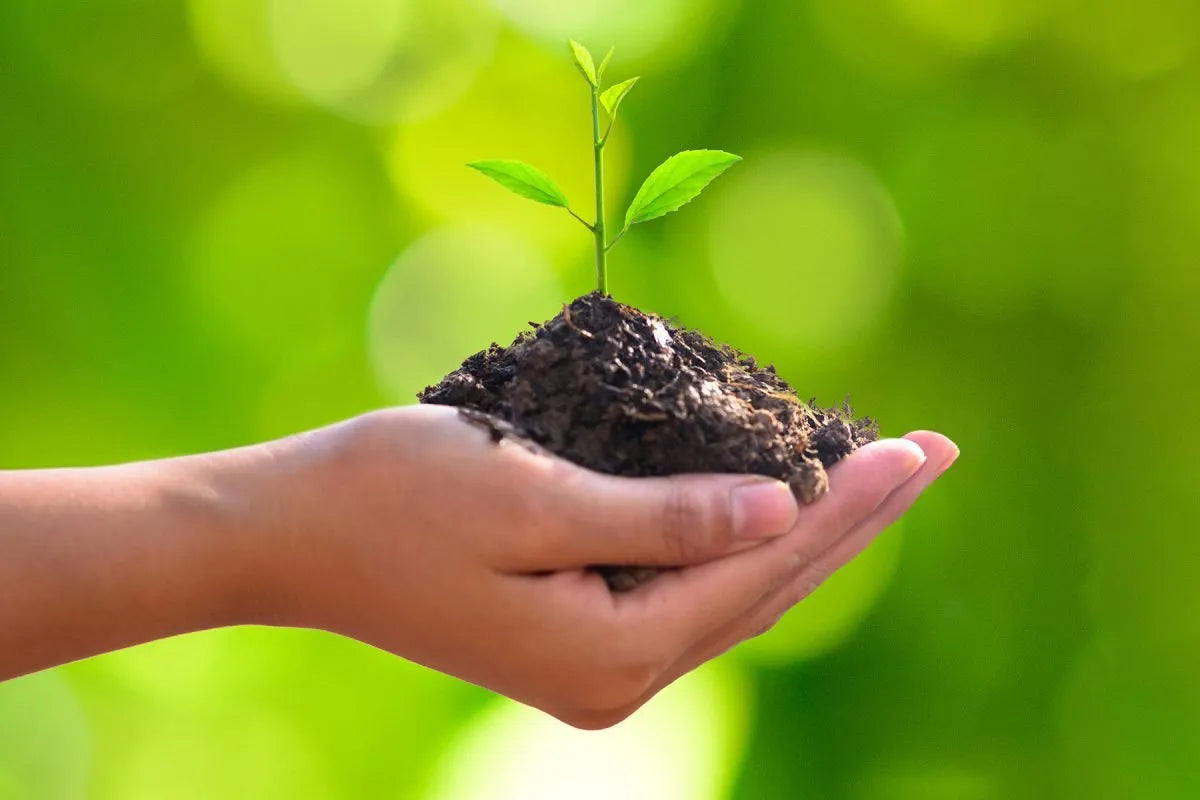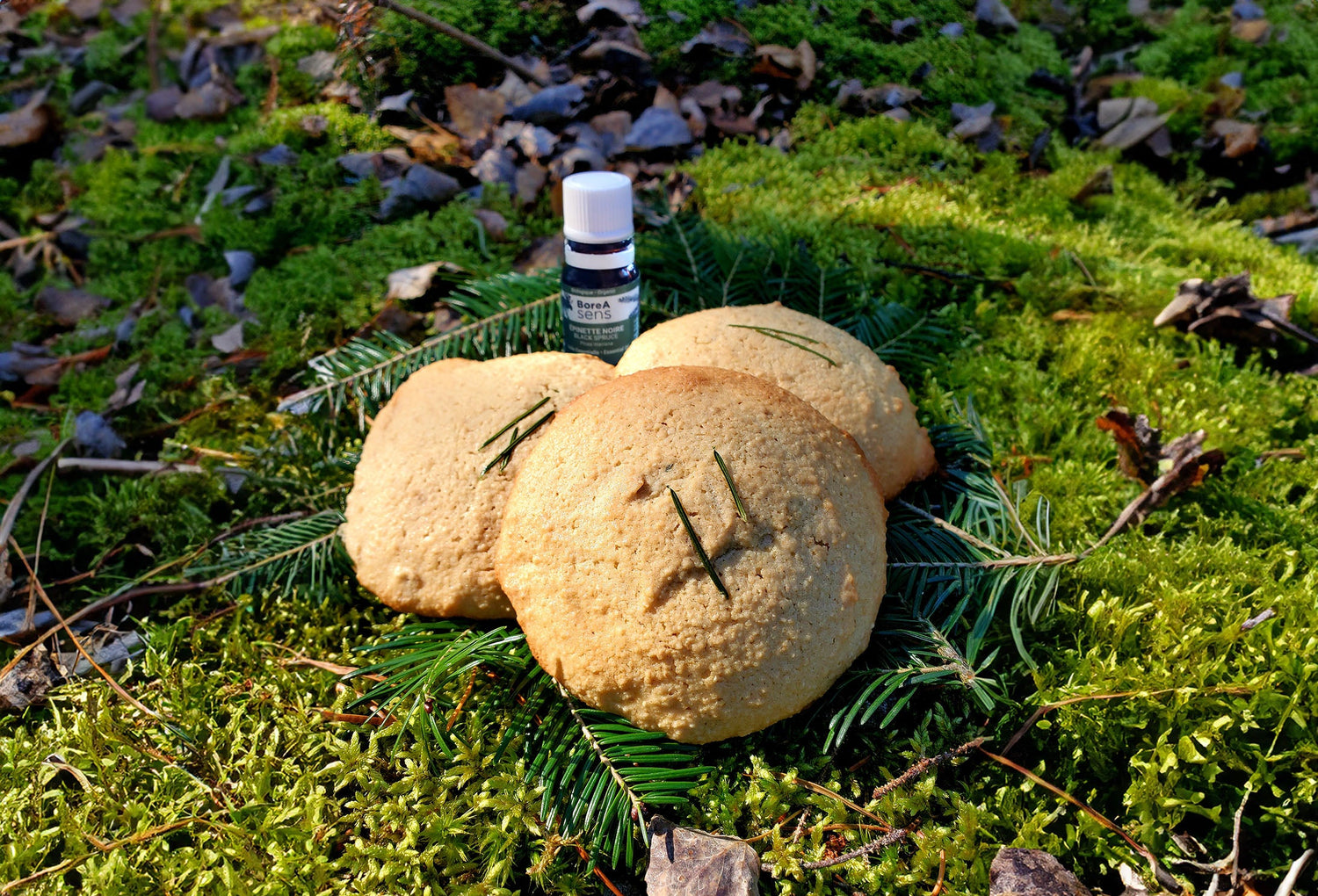The child returned home puzzled. He'd spent the day listening to his teacher explain how the world worked in the past. His head had been filled with unanswered questions.
- Grandma! What's a garbage can?
A legitimate question for a child who grew up in a world without waste.
- My grandson, as you know, "nothing is lost, nothing is created, everything is transformed", but unfortunately, that hasn't always been the case. Today, what we buy in the store comes mainly from recycled objects that will be recycled again, as if in a circle where all the objects go round and round.
In my day, this wasn't the case. We didn't understand the full utility of objects. When we didn't know what to do with them, we put them in a "garbage can". Store-bought objects were like a straight line, with a starting point and an end point. They were made from parts of nature and ended up in containers or plastic bags that we called "dustbins". Then, filled with objects thought to be useless, the garbage cans were emptied into a "dump" where mountains of useless junk accumulated. And as you can imagine, this had dramatic consequences for our environment.
The child's eyes widened; he understood the definition, but not its origin.





